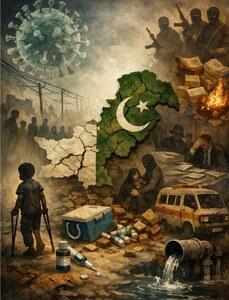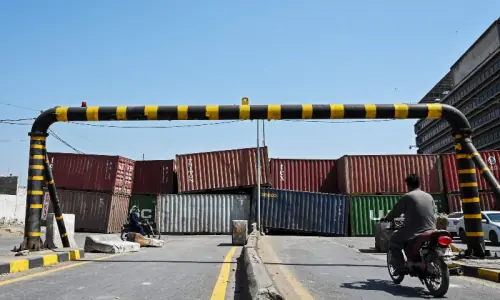THE promulgation of the 18th Amendment in 2010 was a milestone in the political and constitutional history of Pakistan. The amendment was passed with the consent of all political parties of the time and made Pakistan stronger than ever.
Pakistan, which historically has been an over-centralised state, was decentralized, and the federating units got more powers and became autonomous as 46 subjects were transfered from the centre to the provinces.
They are now in many ways the master of their own fate. Not only were the political powers devolved with the abolition of the concurrent list in the constitution, fiscal decentralisation also took place. After the incorporation of the provision related to NFC by making changes in Article 160, the share of provinces in this federal divisible pool has increased.
The 18th Amendment has delivered some desired results. The number of universities and campuses has increased. The federating units are now investing more and more in education and health departments.
However, the opponents of the amendment are bent on reversing it. They are of the view that after the passage of the amendment, Pakistan has moved fast towards economic instability.
They allege that the amendment has fuelled corruption and bad governance in the provinces.
Furthermore, they argue that not much has changed despite the huge transfer of resources to the federating units from the federal divisible pool.
At present, Pakistan is drowning in an economic crisis. Those opposed to the amendment put the blame for Pakistan’s economic woes on the changes in the constitution that were made in 2010.
According to them, a major chunk of money has been given to the provincial units. Resultantly, the centre runs without sufficient resources to meet debt servicing obligations and defense expenditure. The centre, according to them, is left without resources to finance various federal subjects.
Putting the whole blame squarely on the 18th amendment for the economic crisis is only to cover bad economy that the current government has inherited from the previous one and the incumbent government’s own failure to manage economic crisis effectively and timely.
Let us suppose if somehow the constitutional changes are reversed, it would certainly sow the seeds of political instability and deep resentments.
Alim ullah Soomro
Karachi
Published in Dawn, April 16th, 2019





























